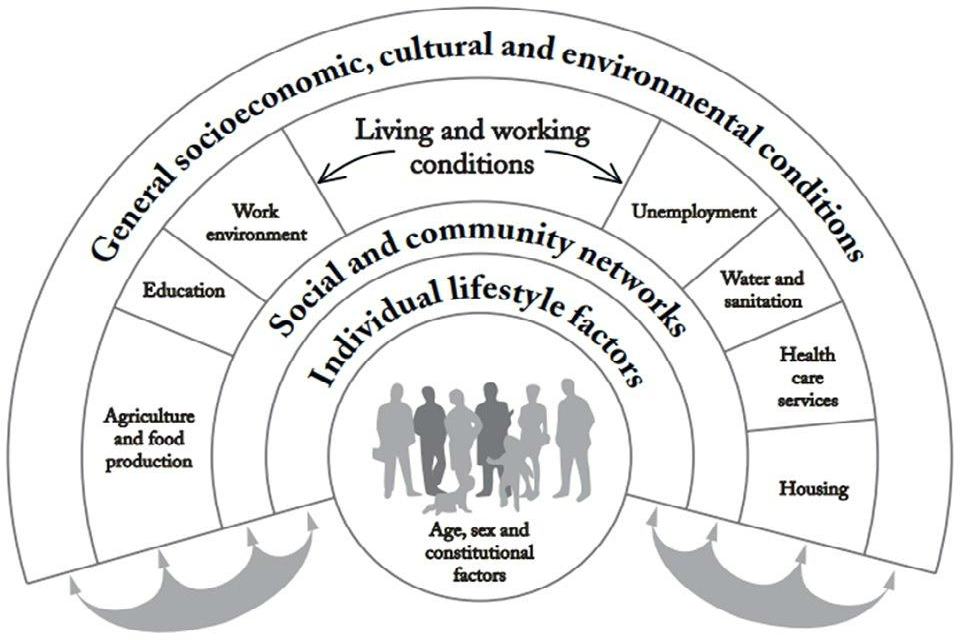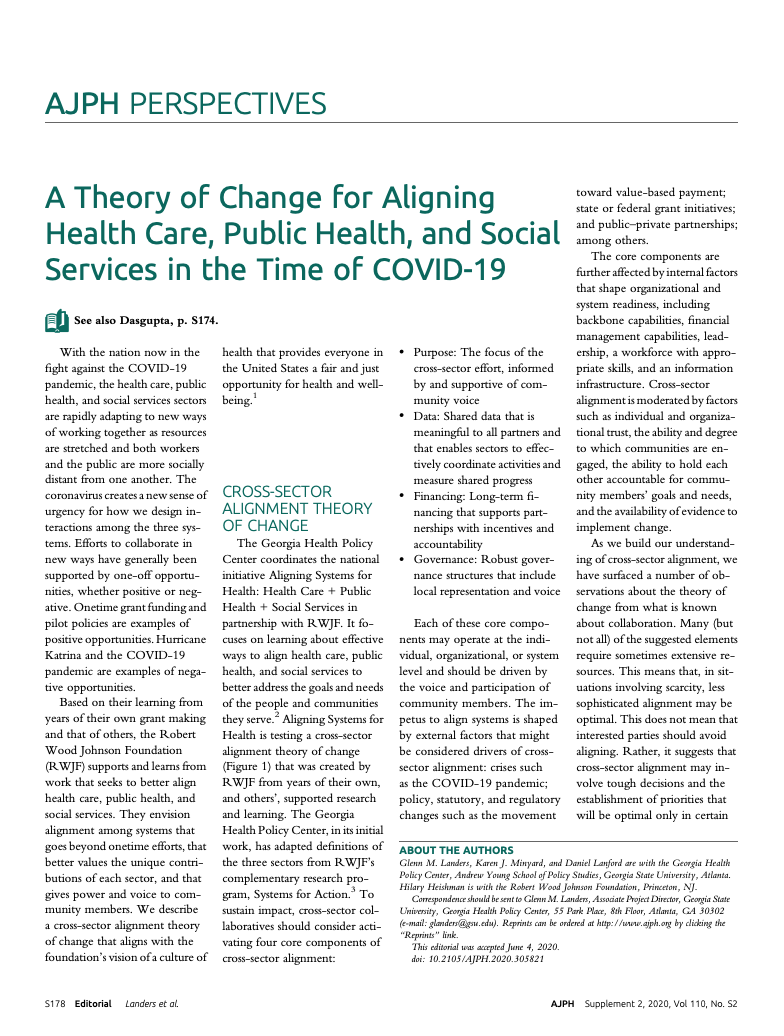

It then looks to see which of those variants correlates with their number of years of schooling. That takes many hundreds of thousands of people with similar genetic ancestry and measures tiny genetic differences – of which there are millions – scattered throughout their entire DNA sequences.

It starts with a statistical exercise in correlation called a genome wide association study (GWAS). How do you predict a person’s educational attainment via their genome? That genetic and environmental factors are braided together at every level is simply a description of reality. Sweeping genetic differences between people under the rug does not make the genome, as a systemic force causing inequality, go away. Mine is an anti-eugenics approach seeking to use our knowledge of genetic science to build policies and social interventions that create more social equality. The core idea of eugenics is that there is a hierarchy of people who are inferior or superior that is rooted in biology and that inequalities are justified on that basis. But is literally the opposite of what I’m advocating. Those fears are coming out of a very real place – historically, genetics has been misused. You have been accused of promoting eugenics, including by prominent sociologist Ruha Benjamin, who has written that you are engaging in “savvy slippage between genetic and environmental factors that would make the founders of eugenics proud”. If you care about social equality, what do you do with information about genetics? I’m trying to help them make sense of that information in a socially responsible way.

When asked to estimate how much genes influence intelligence, people’s answers are not zero. There is a large body of scientific knowledge being ignored lest the eugenics genie be let out of the bottle.īut also people are hearing every day about new genetic discoveries and seeing in their own families and lives that genetics matter. I wrote this book first for my fellow scientists, who haven’t necessarily seen the relevance of genetics for their own work or have been afraid to incorporate it because of these associations. To be clear, it is scientifically baseless to make any claims about differences between racial groups, including intelligence, and you are not doing that.

The spectre of eugenics looms large, and no one wants to create a honeypot for racists and classists. To even talk about whether there might be a genetic element to educational attainment and social inequality breaks a huge social taboo – particularly on the political left, which is where you say your own sympathies lie. Her provocative new book is The Genetic Lottery: Why DNA Matters for Social Equality. Harden is a professor of psychology at the University of Texas at Austin, where she leads a lab using genetic methods to study the roots of social inequality. K athryn Paige Harden argues how far we go in formal education – and the huge knock-on effects that has on our income, employment and health – is in part down to our genes.


 0 kommentar(er)
0 kommentar(er)
